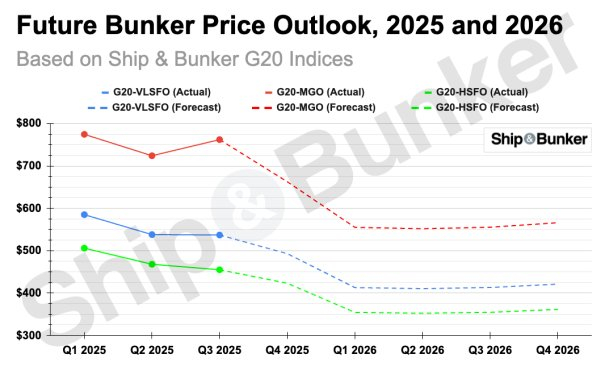
NEW DELHI : Prime Minister Shri Narendra Modi on Thursday shared an article by Union Minister for Ports, Shipping, and Waterways Shri Sarbananda Sonowal, detailing how India’s growing and resilient industrial base – powered by the ‘Make in India’ initiative – and efforts to modernise, mechanise, and digitise ports are providing the nation with a unique strategic advantage along the busy east-west trade route.
In a post on X, PM Modi said, “In this must-read article, Union Minister Shri Sarbananda Sonowal explains how a growing and resilient industrial base with ‘Make in India’ impetus and efforts to modernise, mechanise, and digitise ports along the busy east-west trade route have provided the country with a unique advantage. He highlights that the government’s $8 billion package to rejuvenate India’s shipbuilding and maritime ecosystem is not a routine budget line, but a signal of ambition.”
Earlier, Sonowal posted on X, “Hon’ble PM Shri Narendra Modi ji led Government’s $8 billion package to reimagine, revive and rejuvenate India’s shipbuilding and maritime ecosystem is not a routine budget line, but a signal of ambition. I explain how India can lead the global shift to green shipping.”
In his article, Sonowal noted that a “quiet revolution” is underway across the global maritime industry, with nations moving rapidly toward decarbonisation. As the world tightens emission norms and transitions to low-carbon shipping, India, he said, stands at a “rare confluence of opportunity and capability.”
Highlighting India’s structural advantages – including one of the lowest renewable energy costs globally, a robust industrial base, and skilled maritime manpower – Sonowal said these strengths can help India lead the global green maritime transition.
The Minister emphasised that the recently approved ₹69,725 crore ($8 billion) maritime package is a historic step aimed at reimagining and rejuvenating India’s shipbuilding and port ecosystem. “This is not a routine budget line, but a signal of ambition — a commitment that India will take a meaningful role in the global shift to low-carbon shipping,” he wrote.
The article also underscored the importance of green shipping corridors – both domestic (like Kandla-VOC) and international (linking India with Singapore and Rotterdam) – to aggregate demand for green fuels and attract investments.
Sonowal said the creation of a full-fledged green maritime ecosystem would not only advance environmental goals but also bring “commercial and strategic gains” – boosting exports, generating skilled employment, and ensuring India’s ports remain competitive in a carbon-constrained global economy.
He concluded by noting that India’s $8 billion maritime initiative demonstrates the government’s resolve “not just to adapt to a changing world but to shape it.”



